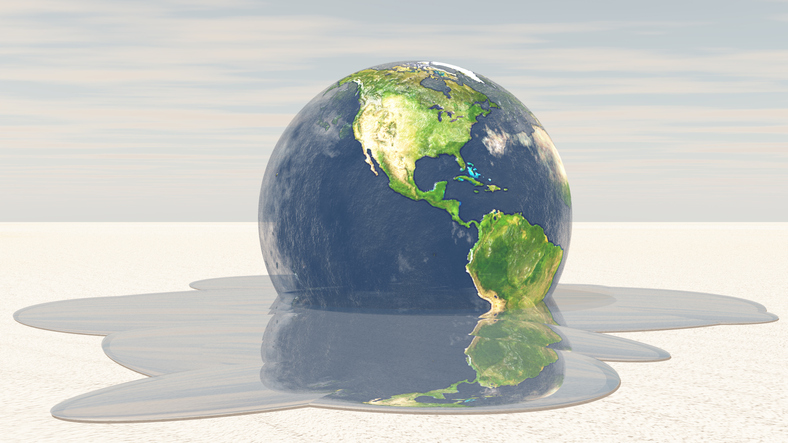
A new study published in Nature Climate Change and headed by Philip Manlick, an adjunct professor in the UNM Department of Biology and a research scientist with the USDA Forest Service Pacific Northwest Research Station, demonstrates the severe impact of climate change on high-latitude ecosystems.

The World Health Organization had released an Operational Framework aimed at protecting health systems against climate-related shocks while also reducing greenhouse gas emissions.

Several sectors, including climate solutions firms, have embraced artificial intelligence (AI) as a tool to efficiently understand large amounts of climate-related data over the last year.

Climate-friendly acts can only be encouraged in communities where everyone has the financial, physical, and time resources to make the necessary changes.

In 2023, the world faced an onslaught of unprecedented climate extremes, bringing the urgency of global climate action to the forefront. The year was marked by record-breaking heat waves, severe floods, worsening wildfires, and rising sea levels, all of which had a global impact, including in India.

Climate change is real, and we will see it after 2023, which will be the warmest year on record. Global warming is endangering the entire biodiversity, and it is a call for human survival on Earth.
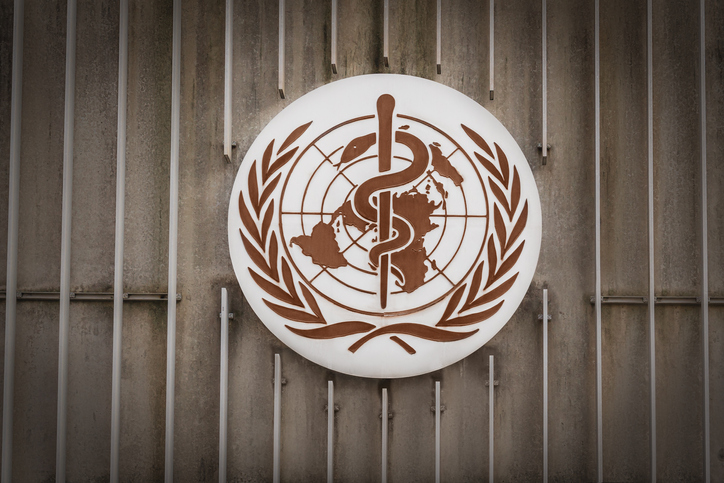
The United Nations (UN) agencies have issued an urgent Call to Action, pointing out the critical need to address the grave health risks faced by pregnant women, newborns, and children in the aftermath of climate disasters.
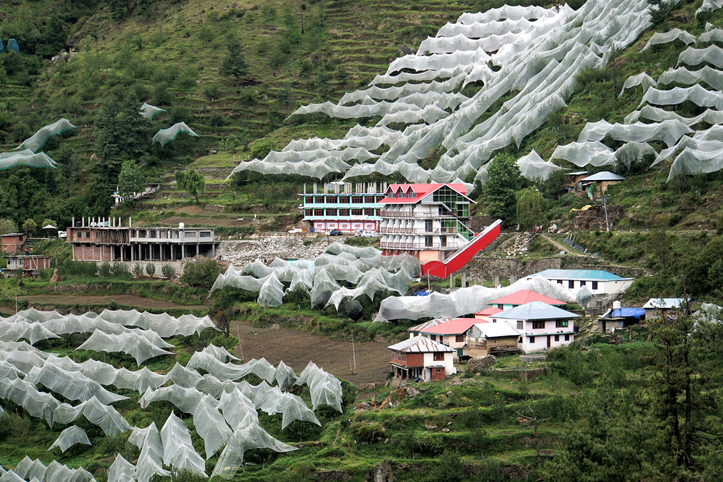
Floods, landslides, and cloudbursts caused severe damage to the scenic regions of Himachal Pradesh from March to August 2023. Disturbing imagery captured the destruction of structures and the erosion of roadways and highways.
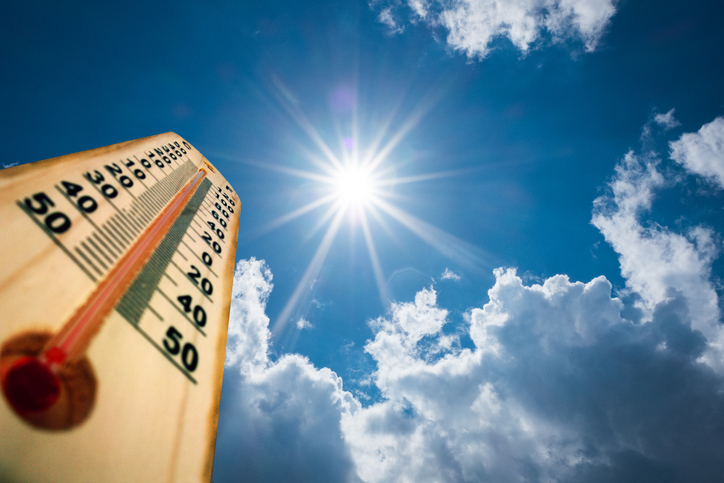
In 2023, the world is dealing with the hard reality of the warmest year on record, with widespread heatwaves in North America, China, and Europe.
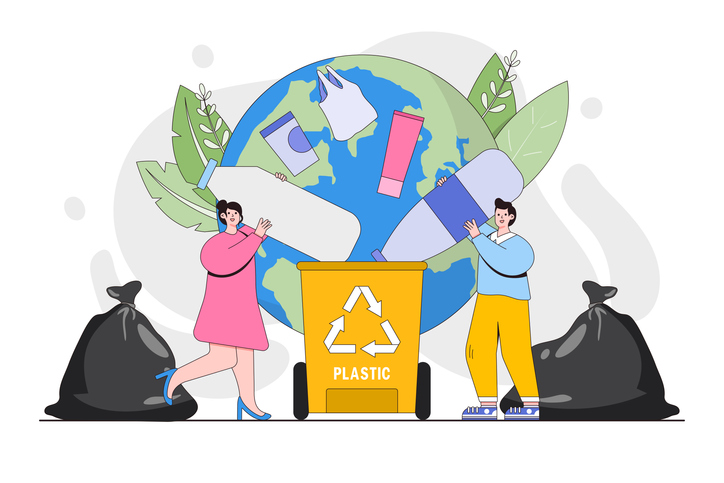
The Greater Chennai Corporation has initiated proactive trash management measures such as door-to-door segregation programs and improved public awareness about various sorts of waste.